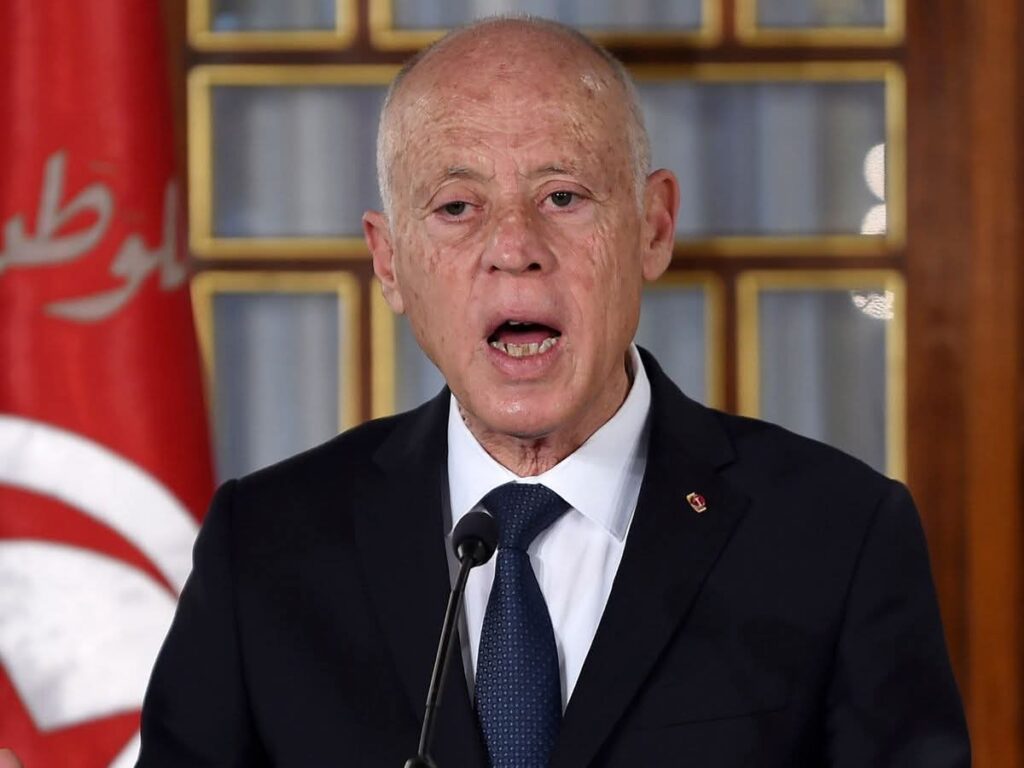
Tunisian authorities have granted a presidential pardon to Saber Ben Chouchane, a man who was sentenced to death earlier this year over Facebook posts deemed insulting to President Kais Saied. The decision comes amid mounting international criticism and concern from human rights groups over the state of free expression in Tunisia.
Chouchane, who had been convicted by a court in Nabeul, east of the capital Tunis, was charged with insulting the president, the minister of justice, and the judiciary, as well as spreading false news and incitement through social media. His case drew widespread outrage, with rights advocates describing the death sentence as an alarming escalation in Tunisia’s crackdown on online dissent.
According to his lawyer, Chouchane was released overnight after the pardon was approved and has since returned home to his family. The lawyer added that Chouchane had recently withdrawn his appeal, which made him eligible for the presidential pardon.
Human rights groups, however, have cautioned that the pardon does not erase the growing pressure on citizens and activists in Tunisia who use digital platforms to express their opinions. They argue that the case highlights the increasing use of harsh legal measures to silence critics under President Saied’s administration.
The incident has reignited debate about the limits of free speech in Tunisia, once hailed as a rare democratic success story after the Arab Spring, but now facing growing concerns over authoritarian tendencies and restrictions on civil liberties.



























